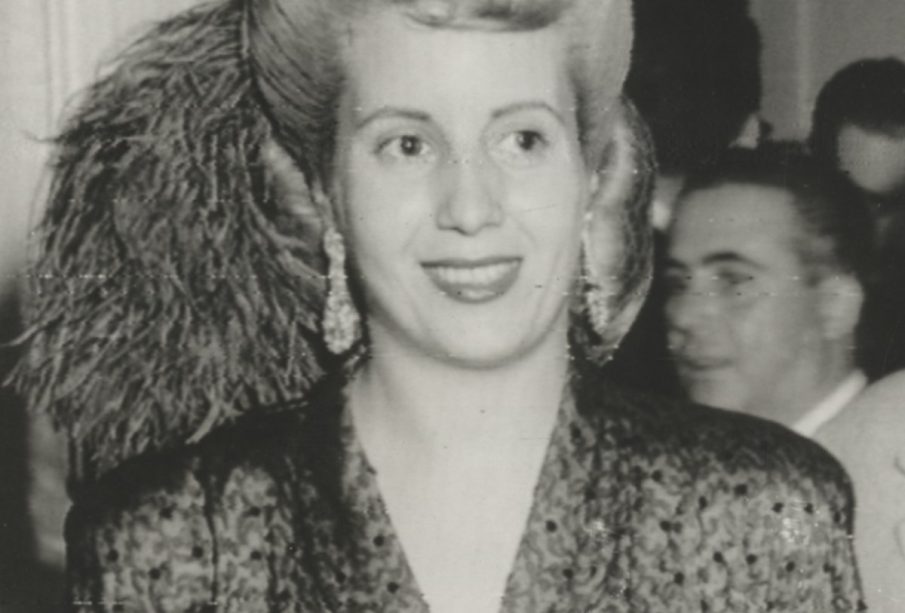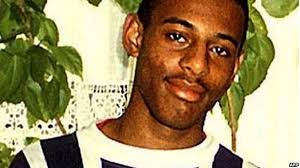The Legacy of Eva Perón: Champion of Social Justice

Introduction
Eva Perón, often referred to as Evita, remains one of Argentina’s most iconic figures, celebrated for her tireless advocacy for women’s rights and the poor. Her influence extends far beyond her lifetime, continuing to resonate in discussions on social justice and feminism today. Understanding her life and contributions is crucial in recognising the evolution of social rights in Argentina and the world.
Early Life and Rise to Prominence
Born on May 7, 1919, in Los Toldos, Argentina, Eva María Duarte faced early challenges, including poverty and a tumultuous family life. Her journey to fame began in the late 1930s when she moved to Buenos Aires to pursue a career in acting. It was during this time that she met Juan Domingo Perón, a politician who later became her husband. Their marriage marked the beginning of a significant political journey as Eva took on the role of a leader, leveraging her fame and influence for social causes.
Political Influence and Social Reforms
Following Juan Perón’s election as president in 1946, Eva became an integral part of his administration. As the first lady, she championed numerous social reforms aimed at improving the lives of the working class, particularly women. In 1947, Eva founded the Eva Perón Foundation, which provided social welfare, educational opportunities, and job training for the underprivileged. Her commitment to women’s rights culminated in the passage of women’s suffrage in Argentina in 1947, allowing women to vote for the first time in 1951.
Cultural Impact and Legacy
Eva’s charisma and dedication to her cause captivated the masses, earning her a dedicated following known as the Descamisados, or “shirtless ones,” referring to the working class. Her life and accomplishments were immortalised in various forms of media, including the hit musical “Evita,” which has contributed to her enduring legacy. Despite her passing in 1952 at the young age of 33 from cancer, Eva Perón left behind a powerful legacy that continues to inspire activists advocating for equality and social justice globally.
Conclusion
Eva Perón’s life story illustrates the profound impact one individual can have on the fight for equality and social reform. As societies grapple with issues of gender equality and workers’ rights today, her legacy serves as a reminder of the importance of advocacy and the ongoing struggle for social justice. With her life becoming a symbol of hope and resilience, the lessons from Eva Perón’s journey remain relevant, challenging us to continue the fight for equity in our own communities.









